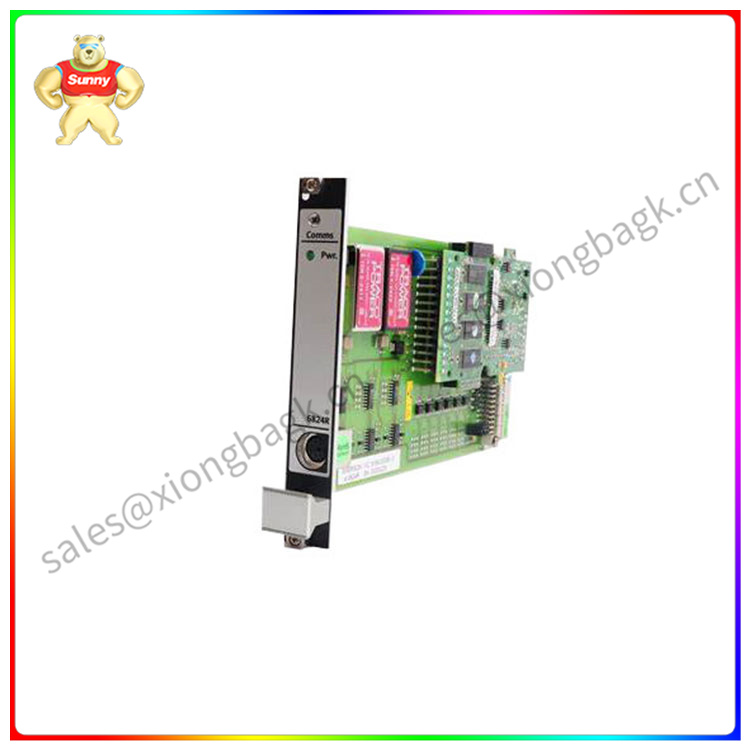There’s news of layoffs at another industrial giant.
On January 18, according to foreign media reports, in response to rising costs and slowing growth, Bosch plans to cut 1,200 jobs in the software business over the next three years. The main reason for the layoffs is that the development of fully autonomous driving has progressed much less than expected. Bosch said rising energy and commodity prices, high inflation, a weak economy and other environmental impacts have forced it to cut its budget for developing autonomous driving technology.
At the end of last year, Bosch disclosed that it would need to cut up to 1,500 jobs in development, management and sales at its two German plants by 2025 to adapt to the changing needs and technologies of the automotive industry.
In the era of fuel vehicles, Bosch has a strong voice in the automotive industry chain with core technologies such as automotive powertrain and chassis, but as car companies pay more attention to “software-defined cars”, and even go beyond the traditional Tier 1, and form alliances with autonomous driving software companies and upstream chip players such as NVIDIA and Qualcomm. Bosch’s role in the industry is also subtly changing – the advantages of traditional Tier 1 are being weakened, not only facing the threat of domestic substitution, but also to cope with the trend of auto companies to strengthen their own research.
This means that under the new automotive supply chain relationship, Bosch has to adapt to change.
In May last year, Bosch made adjustments to the automotive business structure, restructured the automotive and intelligent transportation technology business, and officially changed its name to “Bosch Intelligent Transportation Business” on January 1 this year.

A6824R-9199-00098-13
A shake-up at the top followed. Xu Daquan succeeded Chen Yudong as President of Bosch China. According to public information, the sales of Bosch’s automotive and intelligent transportation technology business in China under the leadership of Xu Daquan exceeded 100 billion yuan for the first time in 2022, and more than quadrupled since 2010.
At the same time, the Bosch Intelligent Transportation Business China Board of Directors was formally established to coordinate the management of its business department and team in China. Weiliang Wang has been appointed President of the Board of Directors of Bosch Intelligent Transportation Business in China, reporting directly to Daquan Xu.
The restructuring was described as Bosch’s “biggest organizational change in nearly a decade.”
“For traditional parts companies like us, we also want to be seen as a new force, we are not static, we have made a lot of changes, from organizational changes to technological innovation.” When asked about the challenges facing Bosch, Chen Yudong said in a media interview, “Traditional parts must really become a new force, must continue to progress, run a little faster, in order to survive.”
But for the development of the business after the restructuring, Bosch faces challenges still formidable. Earlier this year, Bosch Chief Executive Stefan Hartung said in an interview that the company would struggle to meet expected sales and profit targets in the next one to two years. “2024 is going to be more difficult than expected, and probably 2025 as well.”
Especially in terms of intelligence, Chen Yudong said frankly, “In the Chinese market, Bosch faces at least 200 competitors in the field of intelligent cockpit and intelligent driving, which is the most competitive track.”
In the autonomous driving industry, many people also have Bosch background –
In 2021, Jiang Jingfang, former senior vice president of Bosch, went to HeduoTechnology, Chen Liming, president of Bosch Chassis Control System in China, joined Horizon, Song Yang, founder of Zhixing Technology, Li Xuyang, founder of Scion Leading, and Chu Yongyan, CEO of Chuhang Technology, all have Bosch background. In addition, a large number of Bosch senior engineers have been recruited to Ideal Automobile, Huawei, Momenta, Qingzhou Zhihang, Zongmu Technology and other companies.
As a result, Bosch is known as the “Whampoa Military Academy” of the autonomous driving industry.
Accelerate transformation
Business transformation is an important issue for Bosch in recent years.
The Bosch Group has four major businesses: Automotive and Intelligent Transportation Technology (renamed Intelligent Transportation Business in 2024), Industrial Technology, Consumer Goods and Energy, and Building Technology. Among them, the automotive business accounts for more than 50%, and the importance of Bosch is self-evident.
According to the 2022 financial report, the total revenue of the Bosch Group reached 88.2 billion euros, an increase of 12%. Among them, automotive and intelligent transportation technology achieved sales of 52.6 billion euros, accounting for nearly 60%, an increase of 16%. However, in terms of profit performance, the profit margin of automotive and intelligent transportation is at the bottom, with a profit margin of 3.4% in 2022, 0.7% in 2021, and even a profit margin of -1.3% in 2020.
In this regard, Bosch has explained that it is mainly because of the increase in supply chain costs and the impact of the upfront investment required for business transformation.
It is worth noting that compared with emerging component suppliers such as batteries, software and semiconductors, the profitability of traditional component suppliers represented by Bosch and ZF is also significantly insufficient.
 中文版
中文版




